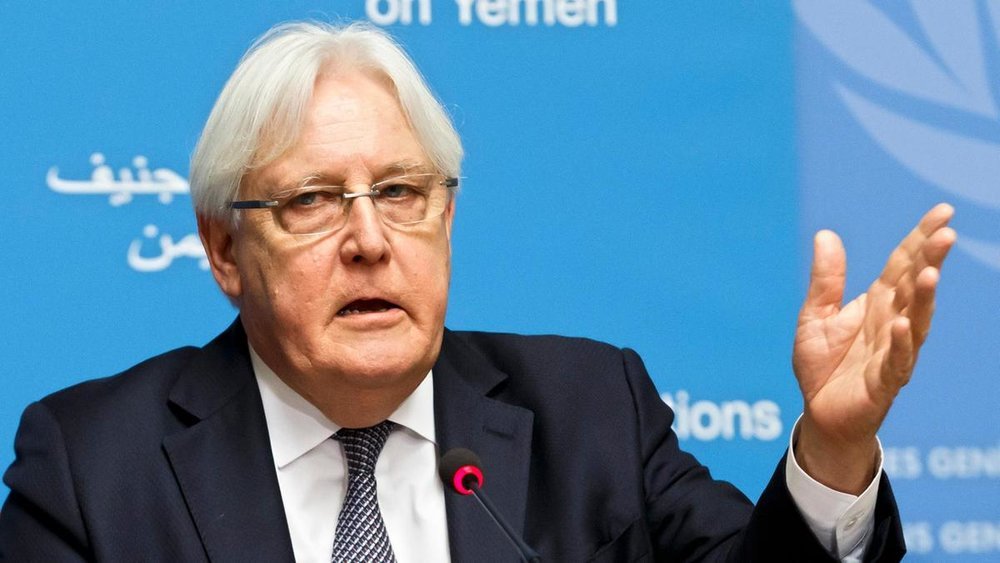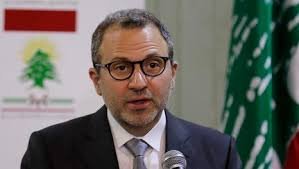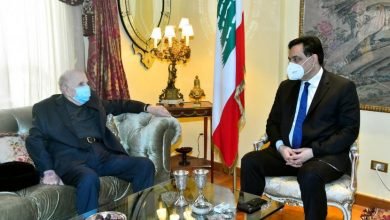UN envoy says he held talks with Yemen’s rebel negotiator

SMA NEWS – NEW YORK
The U.N. special envoy for Yemen said Friday that he met with a top rebel negotiator to discuss the roadmap for the resolution of the impoverished Arab country’s six-year conflict.
Yemen has been embroiled in a civil war since 2014, when rebels known as Houthis swept across much of the north and seized the capital, Sanaa, forcing the government into exile.
A Saudi-led coalition entered the war the following year on the side of the government and has been fighting the Iran-backed Houthis since. The war has spawned the world´s worst humanitarian crisis.
According to the U.N. envoy, Martin Griffiths, his meeting with the chief Houthi negotiator, Mohammed Abdul-Salam, took place in Oman´s capital of Muscat on Thursday. Last week, U.S. Envoy to Yemen Tim Lenderking had criticized the Houthis for refusing to meet with Griffiths during a previous visit.
Griffiths’ statement says the two discussed U.N. plans to reopen Sanaa’s international airport, the lifting of restrictions on Yemen’s port of Hodeida, and a cease-fire to relaunch negotiations.
Griffiths urged the warring sides to “seize this opportunity and make a breakthrough towards resolving the conflict.”
Yemen’s war has killed some 130,000 people, including over 13,000 civilians slain in targeted attacks, according to the Armed Conflict Location & Event Project. Tens of thousands of children have died of starvation and disease. The war also has become a regional proxy conflict between archrivals Saudi Arabia and Iran.
Abdul-Salam tweeted a photo of the meeting, saying they had discussed ways to “end the unjust siege” imposed by the Saudis on Houthi-controlled territories.
“There won´t be a peace deal without strong Houthi support,” Lenderking told reporters during a phone briefing last week, and urged the rebels to “engage with the U.N. envoy and show a commitment to peace.”
Since taking office, President Joe Biden has revoked the Houthi terrorist designation his predecessor Donald Trump had imposed, pulled U.S. support for the Saudi-led offensive and revived U.S. diplomatic efforts to end the conflict.








